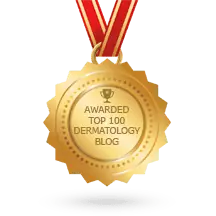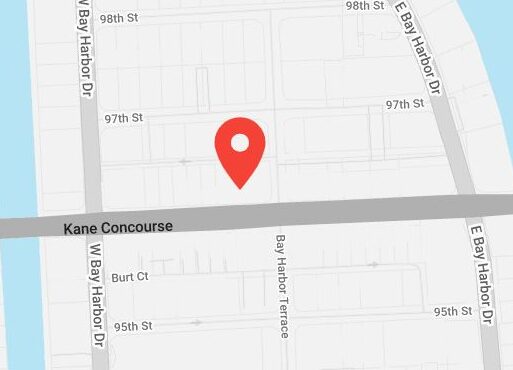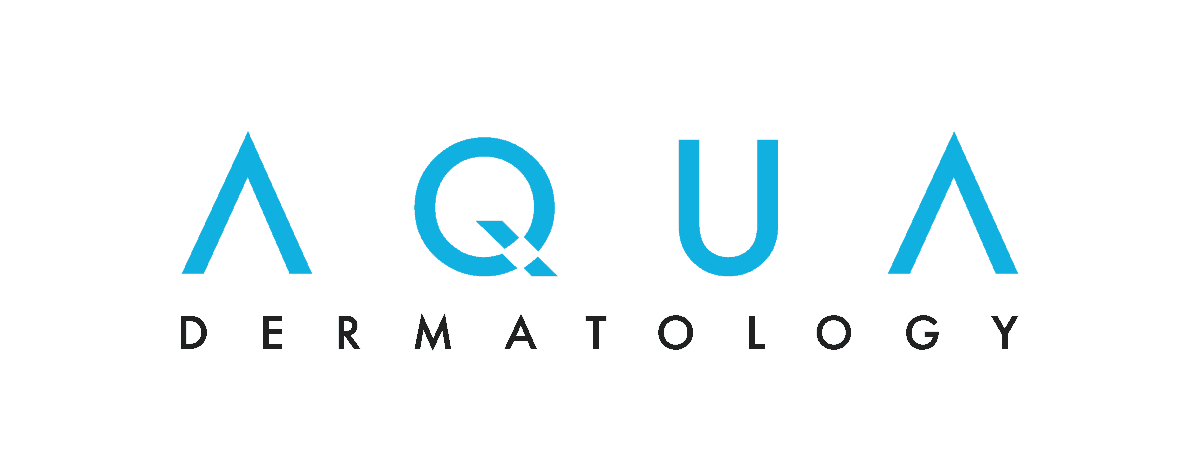 Actinic keratosis (AK) are precancerous growths that occur when the skin has been damaged by ultraviolet rays from chronic sun exposure or indoor tanning. If left untreated, actinic keratosis may progress into squamous cell carcinoma, a type of skin cancer. The good news is that AKs can be treated before they become skin cancers and our Miami Dermatology office offers several highly effective treatments.
Actinic keratosis (AK) are precancerous growths that occur when the skin has been damaged by ultraviolet rays from chronic sun exposure or indoor tanning. If left untreated, actinic keratosis may progress into squamous cell carcinoma, a type of skin cancer. The good news is that AKs can be treated before they become skin cancers and our Miami Dermatology office offers several highly effective treatments.
What is actinic keratosis?
Also know as solar keratosis, is a precancerous lesion on the skin that is caused by chronic sun exposure. Most commonly occur on sun exposed areas, including the face, ears, scalp, neck, foreheads, and backs of hands. They are pink-red in color and are often felt as rough dry spots on the skin. People who have fair skin, light hair and/or eyes are at greater risk of developing actinic keratosis.
What causes actinic keratosis?
Is a common skin condition caused by excessive exposure to the sun or to indoor tanning. The ultraviolet rays damage the skin, causing unsightly lesions that can develop into cancer. Since it is caused by sun damage, is most common among fair-skinned people and among older people who have been in the sun more. A history of tanning, sunburns, and/or immunosuppression will also increase your risk of actinic keratosis.
Actinic keratosis symptoms
Most commonly occur on sun exposed areas, including the face, ears, scalp, neck, foreheads, and backs of hands. They are pink-red in color and are often felt as rough dry spots on the skin. People who have fair skin, light hair and/or eyes are at greater risk of developing actinic keratosis.
How is actinic keratosis diagnosed?
Professional dermatologists like Dr. Walder can usually diagnose actinic keratosis by its characteristic appearance, but in some cases a biopsy is needed to evaluate whether the actinic keratosis has progressed into a skin cancer.
Why is treatment necessary?
Are precursor lesions which may progress into squamous cell carcinoma in up to 10% of cases and thus need to be treated.
What are the treatments for actinic keratosis?
Depending on the location, size and number of actinic keratosis you have, there are several different treatment modalities that may be used. Some of the common treatments for actinic keratosis include cryotherapy (freezing individual lesion(s) with liquid nitrogen) or field treatment for more diffuse/widespread involvement with topical chemotherapeutic agents, topical immunomodulators or photodynamic therapy with Blu Lite.
Actinic keratosis treatment options
Fortunately, there are a number of options for treating your actinic keratosis.
Cryotherapy is a popular method that involves simply spraying the spots with a cryosurgery solution that freezes the cells instantly. Over the course of a few days, the lesion will simply scab and fall off on its own. Photodynamic therapy like Blu Light is a similar tactic that coats the lesion in a solution before exposing it to a special light that kills the targeted cells, causing the lesion to drop off in a matter of days.
There are also topical treatments such as chemotherapy creams like 5-fluorouracil that prevent cancerous cells from multiplying. Immune modulators such as imiquimod can also be used topically to prevent growth of cancerous cells. Chemical peels are another topical treatment that uses a powerful acid to remove skin cells. While they are primarily used for rejuvenation, but strong peels can remove the entire upper layer of the skin, instantly removing the lesion. Side effects from peels can be temporarily painful or unsightly, so be sure to ask during your consultation if this is an appropriate treatment for you.
Ongoing care
Finally, prevention is always the best approach. Sunscreen and strict sun avoidance can completely remove the risk of developing actinic keratosis, and they can prevent it from recurring once you’ve treated your existing problem. Come meet with esteemed cosmetic dermatologist Dr. Diane Walder and her colleague, Dr. Chimento, in Miami. Dr. Walder is an authority on skincare, and is often quoted in major publications like Allure and Glamour. Dr. Walder has helped many people protect against and repair from the effects of the Florida sun, aging, and the daily stresses of life on skin. If you’re serious about a lifetime of beautiful skin, call (305) 866-2177 today to schedule you appointment.



